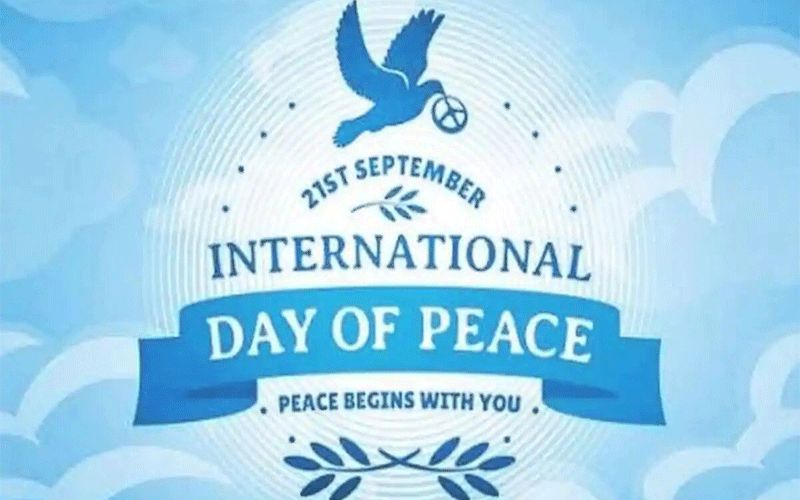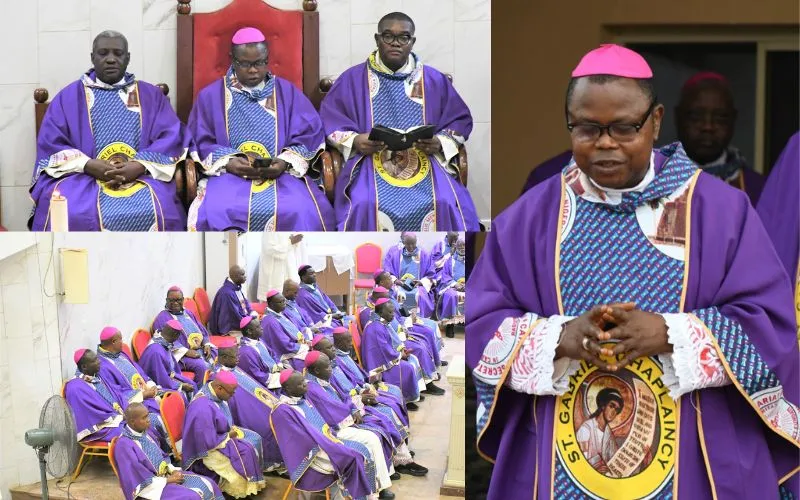Nairobi, 21 September, 2020 / 11:18 pm (ACI Africa).
The leaderships of Caritas Africa and Caritas Europe have, on the occasion of the International Day of Peace marked Monday, September 21, encouraged leaders on the two continents of Africa and Europe to adopt a new framework for European Union (EU)-Africa relations that is people-centered rather than “state-centric.”
“Putting people at the heart of peace and security efforts would entail going beyond a state-centric approach, acknowledging peoples’ capacities, and formulating ambitious strategies for inclusivity in peace and resilience building,” state the officials of Caritas Africa and Caritas Europe in their collective statement issued Monday, September 21.
They call on leaders of the EU and Africa to “recognize the importance of local community engagement and the contribution of faith actors in peacebuilding efforts; to establish practical entry-points for grassroots and civil society actors, including women and youth, so they can participate meaningfully in peace initiatives; and to scale-up locally-led funding, programming, and partnership opportunities.”
“We envision and encourage the future EU-Africa partnership to benefit from the opportunity to put people at the centre of peace efforts by investing in community-driven initiatives,” the Caritas officials say in the statement signed by the Executive Secretary of Caritas Africa, Albert Mashika and the Secretary General of Caritas Europe, Maria Nyman.
Established in 1981 by the United Nations (UN) General Assembly, the International Day of Peace is observed each year on September 21 as a day devoted to strengthening the ideals of peace, through observing 24 hours of non-violence and ceasefire.








